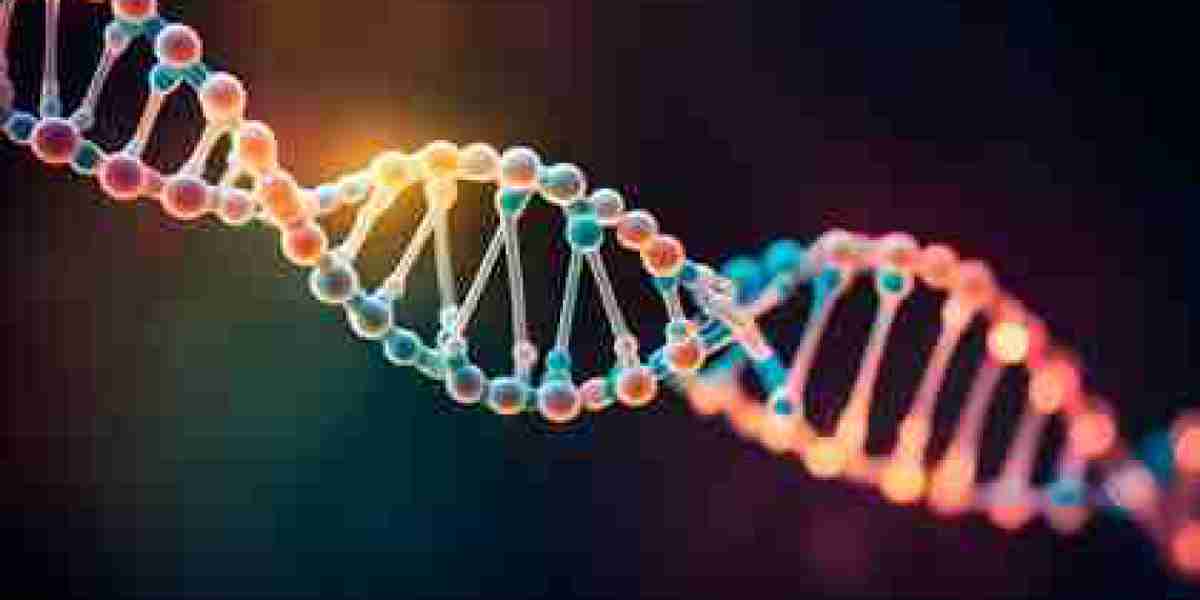In the fascinating world of genetics, understanding the difference between genes and alleles is crucial for anyone interested in heredity and traits. Although they are closely related concepts, genes and alleles serve distinct functions in our genetic makeup. This article will clarify these terms and explore their implications in the study of genetics.
What Is a Gene?
A gene is a specific sequence of DNA that contains the instructions for synthesizing proteins. Proteins play vital roles in the body, influencing everything from physical traits to metabolic functions. Genes are considered the fundamental units of heredity and are located on chromosomes within the nucleus of cells. Each gene has a designated position, known as a locus, on a chromosome.
For example, consider a gene that determines eye color. This gene encodes the necessary information to produce pigments that give our eyes their unique colors. Genes are responsible for various characteristics, including physical traits like height, skin color, and even predisposition to certain diseases.
What Is an Allele?
An allele is a variant form of a gene. Most genes come in pairs, with one allele inherited from each parent. These alleles can be either the same (homozygous) or different (heterozygous). The specific combination of alleles you inherit influences how a trait is expressed.
Using the eye color example again, the gene responsible for eye color can have multiple alleles, such as those for blue, green, or brown eyes. If the allele for brown eyes is dominant, a person may have brown eyes even if they inherit a recessive allele for blue eyes from one parent.
What Is the Key Difference Between Genes and Alleles?
The difference between genes and alleles can be summarized as follows: a gene is a section of DNA that governs a particular trait, while an allele is a specific variant of that gene. In simpler terms, genes are the categories of traits, while alleles are the specific versions of those traits.
For instance, consider the gene that determines flower color in a plant. This gene can exist in several forms or alleles, such as one for purple flowers (P) and another for white flowers (p). The gene itself dictates the trait of flower color, but the specific allele present determines whether the flower will be purple or white.
How Do Genes and Alleles Influence Traits?
Traits are the observable characteristics that arise from the interaction of genes and their alleles. Some traits are controlled by a single gene with different alleles, while others involve multiple genes working together. This complexity results in a diverse range of phenotypes, or observable characteristics, within a population.
In his classic pea plant experiments, Gregor Mendel demonstrated how traits could manifest in different forms based on the alleles inherited. When crossing purple and white flowering plants, Mendel found that the offspring could exhibit a variety of flower colors, illustrating the relationship between genes and alleles.
The Importance of Genes and Alleles in Genetic Testing
Genetic testing is a powerful tool for analyzing specific genes and their alleles to assess health risks. For example, mutations in certain genes, such as BRCA1 and BRCA2, can significantly increase the risk of breast and ovarian cancers. Identifying these mutations through genetic testing allows individuals to make informed health decisions.
Moreover, pharmacogenomics—the study of how genes and their alleles affect drug responses—plays a critical role in personalized medicine. By understanding the specific alleles a person carries, healthcare providers can tailor treatment plans to enhance effectiveness and minimize side effects.
Conclusion
In summary, recognizing the difference between genes and alleles is essential for anyone studying genetics. Genes serve as the fundamental units of heredity, determining traits, while alleles represent the variations that contribute to diversity within those traits. Understanding these concepts not only enriches our knowledge of genetics but also has significant implications for health and medicine. By exploring the roles of genes and alleles, we can better appreciate the complexities of heredity and the variations that shape our lives













